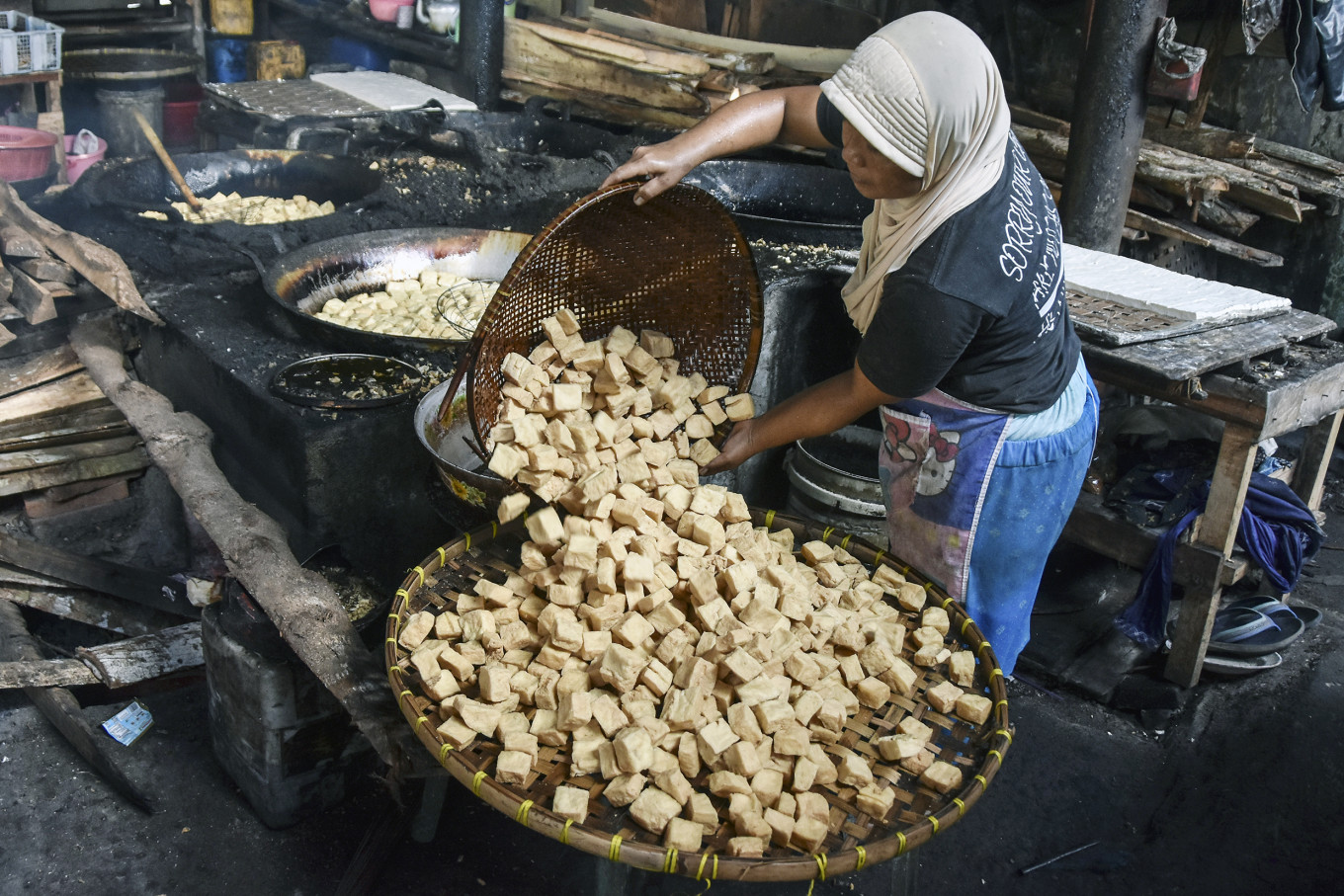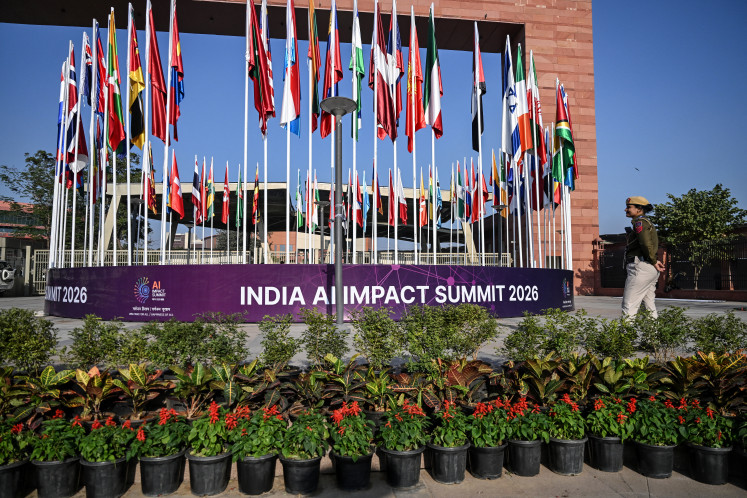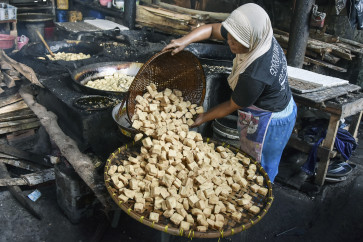Popular Reads
Top Results
Can't find what you're looking for?
View all search resultsPopular Reads
Top Results
Can't find what you're looking for?
View all search resultsGovt mulls GMO to boost soybean production
Change text size
Gift Premium Articles
to Anyone
T
he government is looking to develop genetically modified organisms (GMO) to boost domestic soybean production and reduce imports in a move experts say is “unnecessary” as it is expected to fail to address key hurdles in national soybean production.
National Food Agency (Bapanas) head Arief Prastyo Adi said Indonesia must prepare to use genetically modified soybeans to reduce dependence on imports.
Indonesia relies heavily on soybean imports as domestic production falls far short of demand.
Last year, nationwide soybean demand was projected at 7,267 tonnes per day, or 2.65 million tonnes for the year, while 2024 domestic production was recorded at just 167,886 tonnes.
Eliza Mardian, a researcher with the Center of Reform on Economics (CORE), said improving structural aspects of soybean trade, upgrading cultivation technology and ensuring that prices remained profitable for farmers were more pertinent than introducing genetically modified soybean variants.
She went on to say that other options for boosting productivity existed as well, including the use of the Mutiara 1 variety, which was developed via irradiation.
Irradiation involves controlled radiation to change a plant’s genetic material. After screening multiple generations, plants with desirable traits, such as increased yields, are selected and further bred to develop stable, improved crop varieties. The latter are not considered GMOs, because they do not involve the direct insertion of foreign DNA.



















